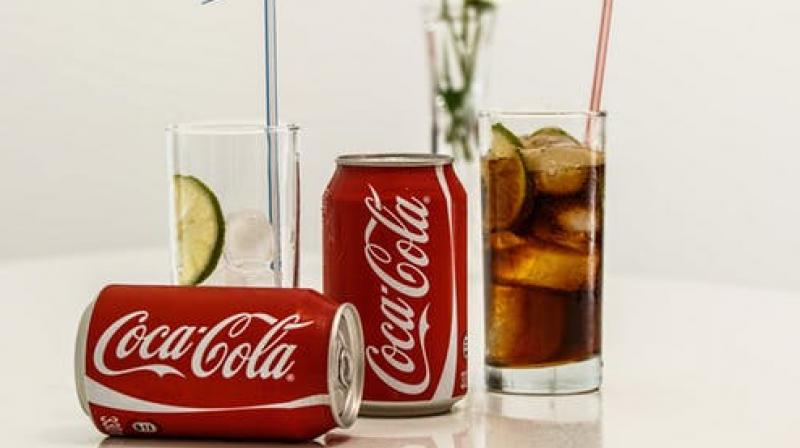Consumption of soft drinks may raise risk of premature death
Soft drinks - sugared or low-calorie - may raise the risk of early.

Washington: Consumption of soft drinks, whether they’re sweetened with sugar or artificial sweeteners, may raise the risk of premature death, new research suggests. In a study that followed more than 400,000 European adults for more than 16 years, the risk of premature death was heightened in those who consumed 2 or more glasses per day of soft drinks, according to the report published in JAMA Internal Medicine.
“Our results for sugar-sweetened soft drinks provide further support to limit consumption and to replace them with other healthier beverages, preferably water,” said study co-author Neil Murphy a scientist at the International Agency for Research on Cancer. “For artificially sweetened soft drinks, we now need a better understanding of the mechanisms that may underlie this association and research such as ours will hopefully stimulate these efforts.”
The soft drinks themselves might not be at the root of the association, Murphy said. The new findings don’t mean that soft drinks cause early death, because “in these types of studies (observational epidemiology) there are other factors which may be behind the association we observed,” Murphy added in an email. “For instance, high soft drink consumption may be a marker of an overall unhealthy diet.”
To take a closer look at a possible link between soft drinks and premature mortality, Murphy and his colleagues turned to the data from the European Prospective Investigation into Cancer and Nutrition, a multinational study that recruited participants from 1992 through 2000.
The study assessed diet at the start, including soft drink consumption. Participants also filled out lifestyle questionnaires that asked about factors such as educational level, smoking habits, alcohol intake and physical activity.
After excluding participants who already had conditions such as cancer, heart disease and diabetes at the study’s start as well as those without data on soft drink consumption, the researchers were left with 451,743 participants, who stayed in the study for an average of 16.4 years. The average age at the start was about 51 years. During the study, 41,693 participants died.
When the researchers analysed their data, accounting for factors that could increase the risk of death, such as body mass index and smoking, they found that participants who consumed two or more glasses of soft drinks per day were 17 per cent more likely to die early compared to those who drank less than a single serving of soft drinks per month.
Those who consumed two or more glasses of sugar-sweetened soft drinks per day were 8 per cent more likely to die early compared to those who drank less than a glass a month and those who consumed two or more glasses of artificially sweetened soft drinks a day were 26 per cent more likely to die prematurely compared to those who drank less than a glass per month.
The researchers allow that there were differences between the two groups of study participants that went beyond soft drink consumption.
“High soft drink consumers had higher BMI and were also more likely to be current tobacco smokers,” Murphy said. “We made statistical adjustments in our analyses for BMI, smoking habits and other mortality risk factors which may have biased our results and the positive associations remained. However, we cannot rule out the possibility that these factors were influencing our findings, hence we cannot say the associations we observe are causal.”
Studies like Murphy’s can indeed be biased by other lifestyle factors, said Dr Bruce Y. Lee. an associate professor at Johns Hopkins University. “There are only so many things you can account for when it comes to different types of factors,” Lee said. “These are very complex systems.” It’s possible that soft drink consumption could be a marker for some other lifestyle factor or behaviour, Lee explained.

